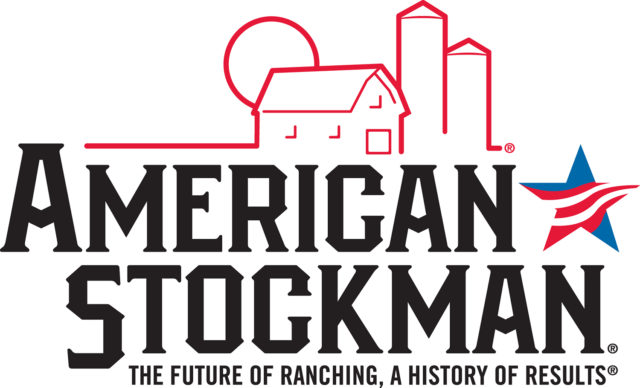“Tornadoes can spread debris over a large area, and debris from funnels miles away can drop metal objects and other debris in pastures and hay meadows,” said Tom Troxel, associate head-animal science for the University of Arkansas Division of Agriculture.
“It’s not uncommon for cattle to ingest foreign objects because they don’t discriminate against metal materials in feed and do not completely chew feed before swallowing,” Troxel said. “This problem is common when greenchop, silage, and hay are made from fields that contain old rusting fences or baling wire, or when pastures are on areas or sites where buildings have recently been constructed, burned, or torn down.”
When a cow swallows foreign objects, they fall directly into the reticulum, or second stomach, or pass into the rumen. Contractions of the reticulum can push nails and other objects through the organ’s wall, allowing bacteria and whatever else is in the stomach to leak into the body cavity. This resulting peritonitis and scarring is known as “hardware disease.”
Symptoms are may include: fewer feces, increased heart rate or rectal temperature and shallow and rapid breathing.
“Initially, the cow exhibits an arched back; an anxious expression; a reluctance to move; and an uneasy, careful gait,” Troxel said. “Forced sudden movements as well as defecating, urinating, lying down, getting up, and stepping over barriers may be accompanied by groaning.”
Treatment of the typical case seen early in its course may be surgical or by medication. Either approach improves the chances of recovery from about 60 percent in untreated cases to 80 or 90 percent, he said.
“Flooded pastures bring the threat of blackleg or Clostridium chavoei infection,” Troxel said.
“Blackleg is a soil-borne bacterium and any disturbance to the soil, such as a flood, may increase the exposure of the cattle to the bacterium.”
Blackleg symptoms include lameness, depression and fever, and often result in sudden death.
“Blackleg vaccine is one of the cheapest vaccines to purchase for cattle,” Troxel said. “It is recommended that cows and calves be vaccinated if flooding is an issue at your farm.
For more information about cattle production, contact your county extension office or visit www.uaex.edu.
The Cooperative Extension Service is part of the University of Arkansas Division of Agriculture and offers its programs to all eligible persons regardless of race, color, national origin, religion, gender, age, disability, marital or veteran status, or any other legally protected status, and is an Affirmative Action/Equal Opportunity Employer. ![]()





